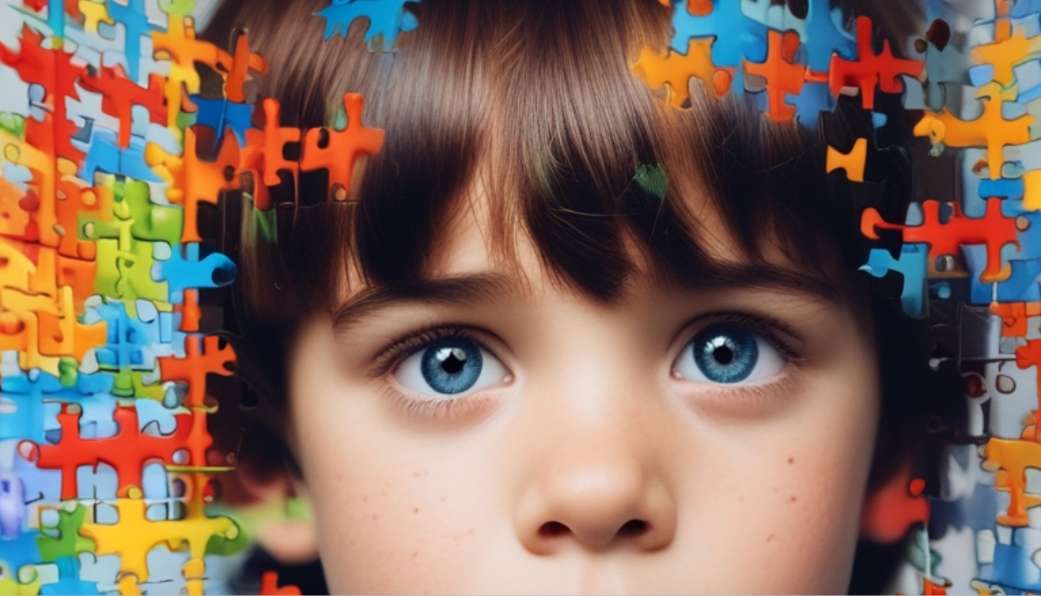Disclaimer
This article is for informational purposes only and should not be considered medical advice. If you suspect autism regression in your child, consult a qualified healthcare professional for proper diagnosis and guidance.
What Is Autism Regression?
Autism regression refers to a situation where a child who was previously developing skills—such as speech, social interaction, or motor abilities—begins to lose them. This phenomenon can be alarming for parents, as it often happens suddenly or over a short period of time. It is commonly observed in toddlers between 15 and 30 months old, although it can occur at any age.
Children with autism regression initially show typical developmental progress before experiencing a sudden decline in their abilities. Unlike gradual developmental delays seen in some autistic children, regression represents a distinct loss of previously acquired skills, making it particularly concerning for families and caregivers. Understanding the signs and seeking early intervention can greatly improve a child’s ability to regain skills and adapt to their condition.
Signs of Autism Regression
Recognizing the early signs of autism regression is crucial for early intervention. Parents and caregivers should be aware of the following indicators:
Loss of Language Skills
A child who previously spoke words or phrases may stop talking entirely or significantly reduce their verbal communication. They may no longer respond to their name, stop using familiar words, or show a lack of interest in attempting to communicate with others.
Decreased Social Engagement
Children experiencing regression may begin to withdraw from social interactions. They might avoid eye contact, become indifferent to family members, and show a lack of interest in playing with peers. A child who once enjoyed socializing may start preferring to be alone.
Loss of Motor Skills
Previously mastered gestures, such as waving, pointing, or clapping, may disappear. Children may also struggle with fine or gross motor movements that were once easy for them, such as using utensils, holding objects, or walking steadily.
Increased Repetitive Behaviors
Children undergoing regression may start exhibiting or intensifying repetitive behaviors. These can include hand flapping, rocking, spinning in circles, or fixating on particular objects. Such behaviors may become more pronounced as the child struggles with their changing abilities.
Emotional Withdrawal
Sudden disinterest in previously loved activities, unexplained irritability, or difficulty expressing emotions can also be warning signs. Children may appear unusually distant or unresponsive to affection and interaction from parents and caregivers.
Sensory Changes
Regression can bring about noticeable sensory shifts, such as heightened sensitivity to lights, sounds, or textures. Conversely, some children may become less responsive to external stimuli, showing diminished reactions to pain, temperature, or loud noises.
Possible Causes of Autism Regression
The exact cause of autism regression remains unclear, but researchers believe it may be linked to a combination of genetic, neurological, and environmental factors. Some possible contributing factors include:
Brain Development Differences
Differences in neural connectivity and processing may contribute to regression. Studies suggest that abnormalities in brain development, particularly in areas responsible for language, social interactions, and cognition, may play a role in skill loss.
Immune System Dysfunction
Research indicates that some children with autism regression may have abnormal immune responses. Autoimmune reactions and chronic inflammation in the brain have been proposed as potential triggers for regression.
Mitochondrial Dysfunction
Some studies suggest that mitochondrial dysfunction—problems with how cells produce and use energy—may be involved in autism regression. This can affect brain function and lead to developmental challenges.
Environmental Triggers
While no definitive environmental cause has been identified, exposure to certain toxins, infections, or stressors may contribute to autism regression in genetically predisposed children. More research is needed to understand the possible impact of external factors.
Although the exact mechanisms behind autism regression remain uncertain, early detection and prompt intervention are essential in helping children regain skills and develop coping strategies.
What Can Parents Do?
If you suspect your child is experiencing autism regression, early intervention is key. Here are some steps you can take:
Seek Professional Evaluation
Consult a pediatrician, developmental specialist, or child psychologist for a comprehensive evaluation. They may recommend autism-specific diagnostic tools, such as the ADOS-2 (Autism Diagnostic Observation Schedule) or M-CHAT (Modified Checklist for Autism in Toddlers). The earlier regression is identified, the sooner interventions can begin.
Start Early Intervention Therapy
Evidence-based therapies such as Applied Behavior Analysis (ABA), speech therapy, and occupational therapy can help children regain lost skills and support overall development. These interventions are most effective when started early and tailored to the child’s specific needs.
Monitor and Document Changes
Keeping a detailed journal of your child’s behaviors, skills, and any changes over time can assist healthcare professionals in making accurate assessments. Note when the regression started, which skills were lost, and any potential triggers that may have coincided with the decline.
Create a Supportive Environment
A structured and predictable routine can help children with autism feel more secure. Providing consistent schedules, clear communication, and a calm environment can reduce stress and encourage learning.
Join Support Groups
Connecting with other parents who have experienced autism regression can provide valuable emotional support and practical advice. Online and local support groups can be excellent resources for sharing experiences and learning from others facing similar challenges.
Conclusion
Autism regression can be a challenging and distressing experience for both children and their families. However, with early recognition and intervention, children can make progress in regaining skills and adapting to their changing abilities. By staying informed and seeking professional support, parents can help their child navigate the challenges of autism regression and work toward continued development.



